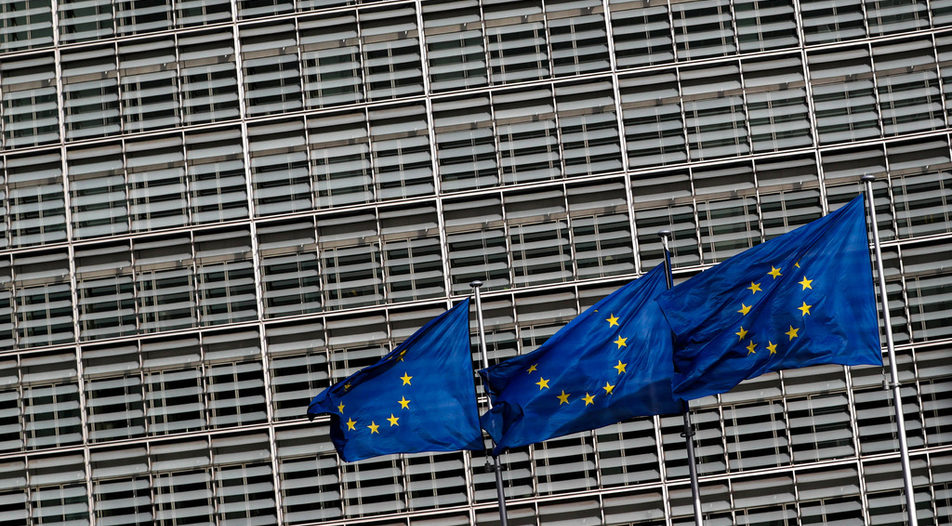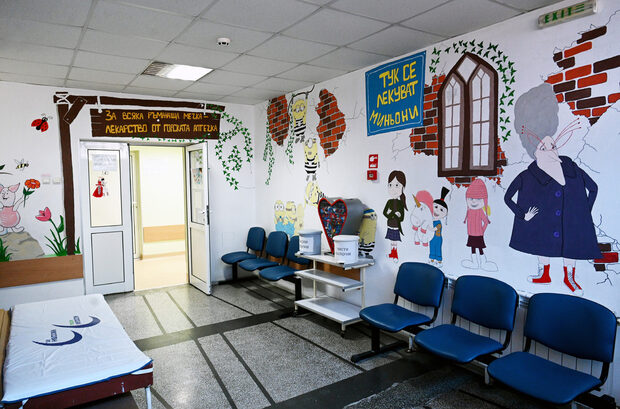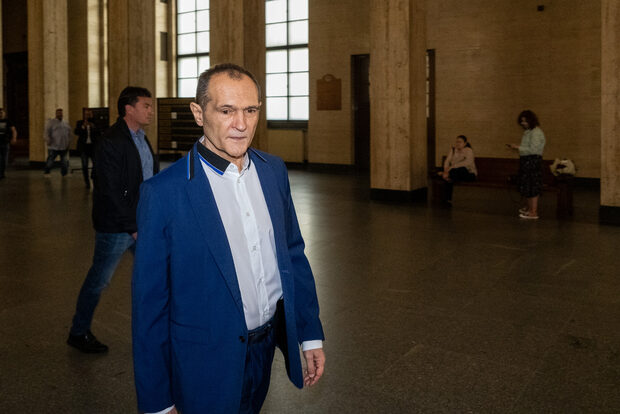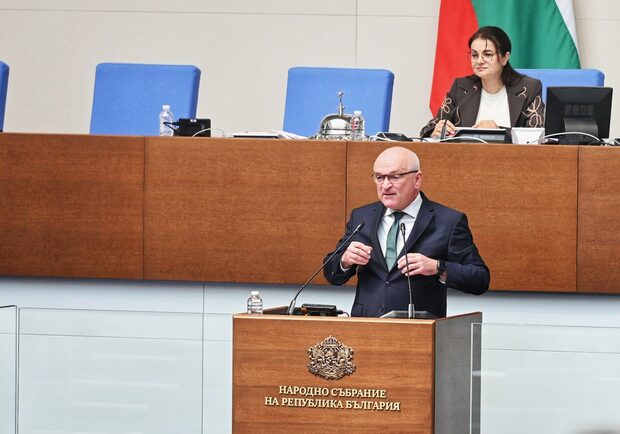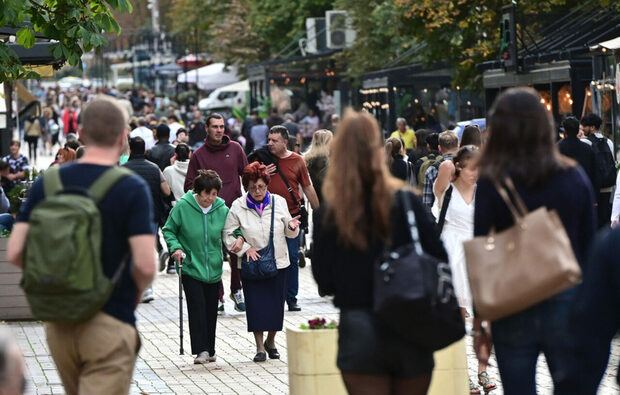In January, 2018, when Bulgaria took its turn at the Presidency of the Council of the EU, Bulgarian and international polls showed Bulgarians to think positively about the EU, this in contrast to the increasingly EU-skeptical citizenry of the countries of the "Visegrad Four": Poland, the Czech Republic, Slovakia, and Hungary. Bulgarians' positive stance is grounded in two factors: freedom of movement within the EU, which enabled more than half a million Bulgarians to study and work abroad and the economic benefits of the inflow of EU funds.
The outset of Bulgaria's presidency appeared likely to strengthen pro-EU feelings at the European eastern periphery and further promote adherence to EU requirements as to rule of law and independence of judicial systems and regulatory bodies. Bulgaria's turn to lead the member states could have helped Bulgarian citizens to gain a greater self-confidence that they are not that different from the rest of the Europeans. It would be sufficient to just recall the explosion of out-sized positive emotions after the speech of Donald Tusk, the President of the European Council, who spoke in Bulgarian at the opening of the presidency in January, to reveal the huge deficit of self-esteem.
The fact that public attitudes were focused mostly on expectations for stronger international prestige and recognition for Bulgaria (40%), improvement of the country's image (34%) and an increase of the self-confidence of Bulgarian citizens (30%), was not a mere coincidence.
The desire for international prestige is in line with the emphasis on the integration of the Western Balkans was that thin red line that could have consolidated Bulgaria's gained position in the EU, its ability to impose issues on the agenda of the Union, to be leader for its neighbors in South East Europe at least, and last but not least, to help Bulgaria enter the narrower core of the Union - the Schengen area and the Eurozone. Because what kind of leader of the Balkans could it be, if it was not allowed there in two of the EU's major policies?
An early achievement of Bulgaria in the first few weeks of its EU presidency was putting the Western Balkans at the center of the European debate. And while the integration of the countries of the Western Balkans is accompanied by reservations of the political representatives because of the need to meet a series of EU membership criteria, more than 65% of the Bulgarian citizens approve of those countries' accession. Accordingly, the government's foreign policy activity stands out as the most successful sphere of its activity.
The situation with the priority of ensuring security and stability in Europe is similar. The efforts to normalize the EU-Turkey relations, reduce the migratory pressures on the continent, and enhance border protection, though being still far from concrete solutions, are approved by the public. More than two-thirds of the Bulgarian citizens believe that the country should maintain good neighborly relations with Turkey and perceive the reduction of migratory flows as a result of the government policy.
Albeit to a lesser extent, the response to the drive to boost the digital economy through a single digital market, access to innovation and technological development, is also positive. A month before the start of the Bulgarian Presidency, about one-fifth of the country's population put emphasis on the development of digital society which has its strong supporters in the face of the young people, the highly educated and economically active people.
An unexpected setback
However, a scandal with the Istanbul Convention on prevention of violence against women, the objective of which was misinterpreted as promoting a third sex instead, escalated within a few days. It attracted the attention of all media and sparked fears, prejudices and suspicion that totally upset Europe's image.
From Europe, to which Bulgaria aspires and the agenda of which it has the chance to set for a short while, into Europe that imposes a foreign identity, norms and laws on the country. The debate drew many dividing lines in the Bulgarian society, but at least two have a direct political effect and pose some challenge to the forthcoming European Parliament elections.
The first one, between Bulgarian Socialist Party (BSP) and the Party of the European Socialists, showed the clash of Bulgarian Socialists with the European ones and their leader Sergey Stanishev, who was BSP chairman until recently. The second one, which we may call "Europe without Europe", brought together political parties, influential groups and non-governmental organizations, which, contrary to the Euro-optimistic attitudes, have succeeded in building an image of Europe that imposes unwanted values, which dictates and does not partner, which is accepted by compulsion, not by conviction.
People heard a series of interpretations of the text of the convention and many civil, political and institutional representatives including Prime Minister Boyko Borissov expressed their position whether it should be ratified or not. Thus, the value identity of the Bulgarian society was ultimately shaken, which would likely benefit some people during the campaign for the European Parliament elections next year.
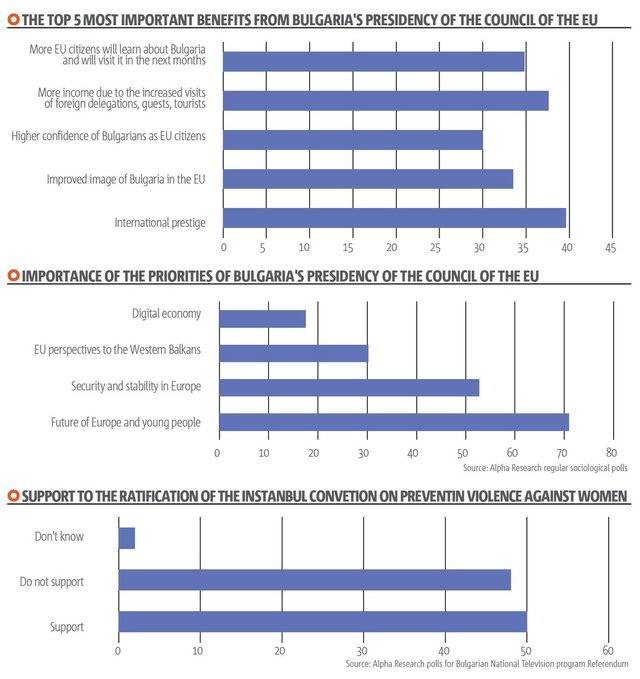
As paradoxical as it may seem, the Bulgarian Presidency of the Council of the EU started against the background of Euro-optimism clashing with Euro-fears. Behind this invented scandal we can see the purely instrumental goals of parties who want to reduce dividends from the presidency for the government. More significant, however, is the second dimension: to consolidate anti-EU public opinion, for which the enemy "is not those who would tear us apart from Europe", but those who insist on stronger integration. Then, it is logical to ask what will remain from the political consensus on the integration of the Western Balkans - towards which Europe will Bulgaria lead them?
In January, 2018, when Bulgaria took its turn at the Presidency of the Council of the EU, Bulgarian and international polls showed Bulgarians to think positively about the EU, this in contrast to the increasingly EU-skeptical citizenry of the countries of the "Visegrad Four": Poland, the Czech Republic, Slovakia, and Hungary. Bulgarians' positive stance is grounded in two factors: freedom of movement within the EU, which enabled more than half a million Bulgarians to study and work abroad and the economic benefits of the inflow of EU funds.
The outset of Bulgaria's presidency appeared likely to strengthen pro-EU feelings at the European eastern periphery and further promote adherence to EU requirements as to rule of law and independence of judicial systems and regulatory bodies. Bulgaria's turn to lead the member states could have helped Bulgarian citizens to gain a greater self-confidence that they are not that different from the rest of the Europeans. It would be sufficient to just recall the explosion of out-sized positive emotions after the speech of Donald Tusk, the President of the European Council, who spoke in Bulgarian at the opening of the presidency in January, to reveal the huge deficit of self-esteem.








